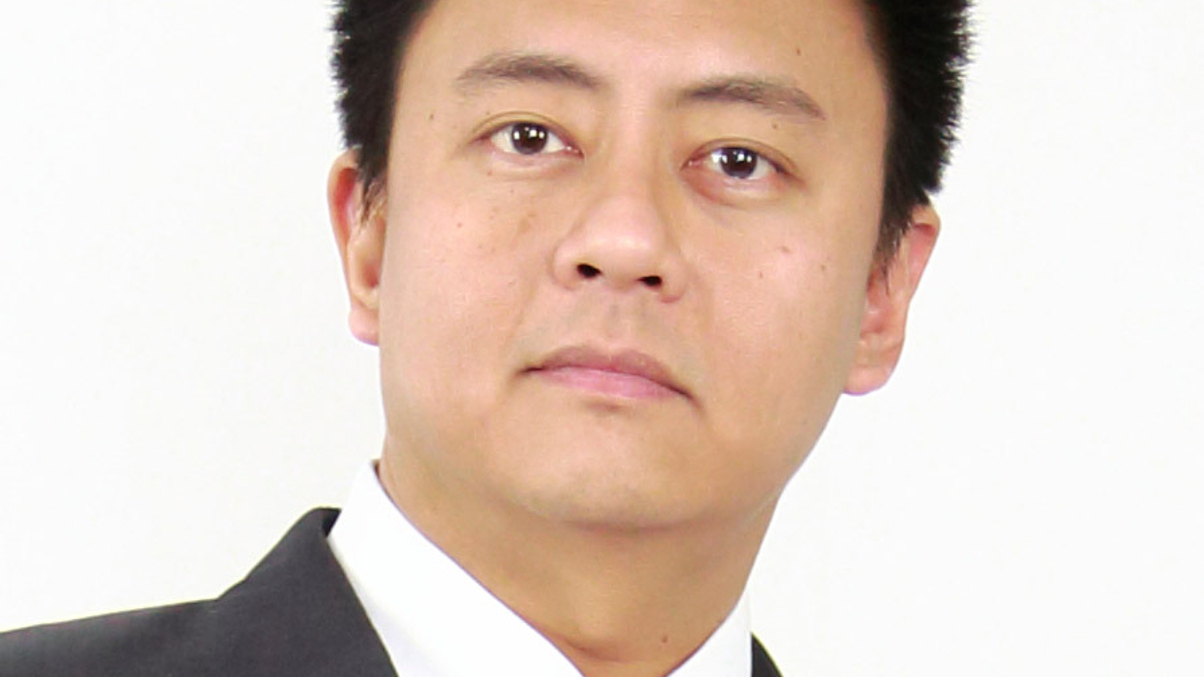ARFP moves a step closer, proposals welcomed
The Asia Region Funds Passport scheme has published detailed draft rules and operational arrangements after incorporating industry feedback from a consultation process.

The proposed Asia Region Funds Passport (ARFP) scheme has moved a step closer with the release of draft rules and operational arrangements.
Sign in to read on!
Registered users get 2 free articles in 30 days.
Subscribers have full unlimited access to AsianInvestor
Not signed up? New users get 2 free articles per month, plus a 7-day unlimited free trial.
¬ Haymarket Media Limited. All rights reserved.


